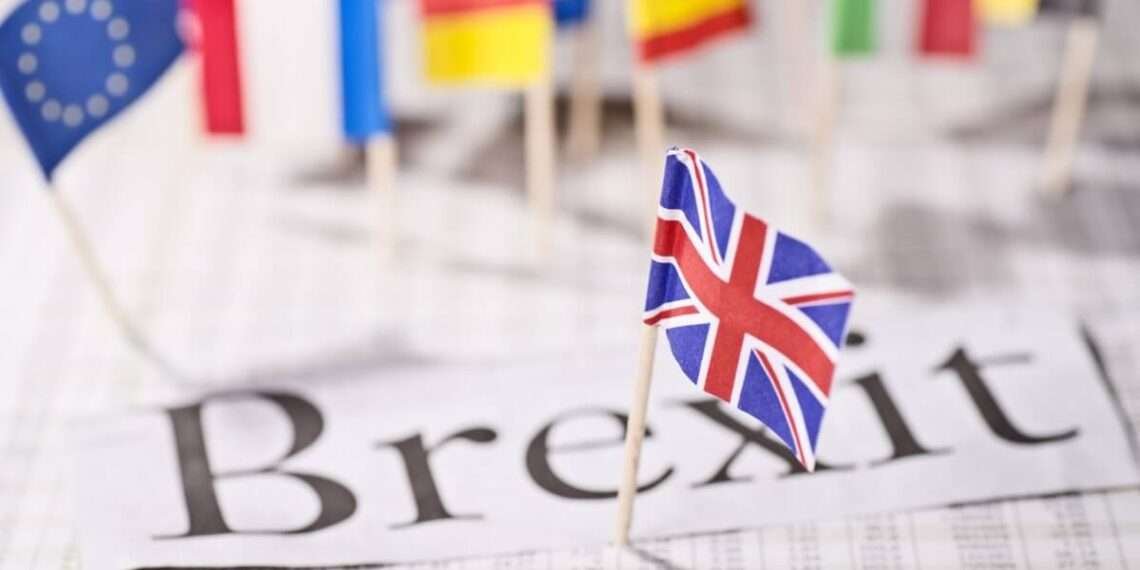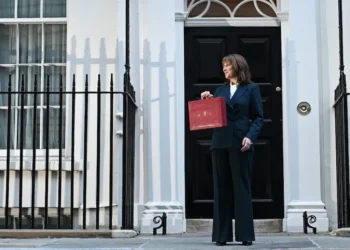The European Commission has taken Britain to the Court of Justice of the European Union (CJEU), alleging the UK’s failure to meet its obligations under the Brexit withdrawal agreement.
The referral centers on Britain’s purported non-compliance with EU laws on freedom of movement, a critical issue affecting EU citizens and their families residing in the UK.
The commission claims the UK has fallen short in adhering to the Treaty on the Functioning of the European Union, particularly on matters impacting the rights of EU citizens to live and work freely.
Despite warnings issued as early as 2020, Brussels maintains that “several elements of the grievances remain unaddressed,” including workers’ rights and those of extended family members.
In July, the commission stated that “several points remain unaddressed,” specifically citing problems with how EU citizens could exercise their free movement rights.
After assessing the UK’s responses, the commission announced Monday that it “maintains that several elements of the grievances remain unaddressed.”
The referral represents a setback for Prime Minister Keir Starmer’s efforts to improve relations with the EU. Having assumed office with a commitment to resetting ties, Starmer has spent months pursuing a new deal with the bloc aimed at reducing trade barriers and revitalizing growth post-Brexit.

PM Navigates Complex EU Relations
This legal clash unfolds against a backdrop of ongoing negotiations for closer UK-EU ties. Starmer has ruled out rejoining the single market but has pledged to “make Brexit work” by renegotiating Boris Johnson’s deal to enhance cooperation in areas such as defense, security, and trade.
However, a leaked EU document suggests the bloc may demand significant UK concessions. The report outlines plans to make adherence to the European Court of Justice’s jurisdiction a prerequisite for an enhanced trade deal. It also prioritizes agreements on fishing rights and a youth mobility scheme.
The document is expected to be presented at a council of European ministers next week, with formal talks between the UK and EU slated to begin early next year.
Despite the legal friction, Starmer and European Commission President Ursula von der Leyen have committed to regular EU-UK summits. The first of these high-level meetings is scheduled for early 2025, underscoring both sides’ intent to find common ground.
The timing of the CJEU referral complicates Starmer’s diplomatic outreach, as it underscores unresolved tensions in the Brexit aftermath.
Brussels is reportedly preparing to push for Britain’s compliance with EU laws in upcoming negotiations, marking the first time since Brexit such a demand would be explicitly made.
As Starmer seeks to redefine the UK’s relationship with Europe, the specter of unresolved legal and political disputes looms large, threatening to overshadow his government’s attempts to stabilize and grow the post-Brexit economy.
READ ALSO: Mahama Outlines Plans to Kickstart Constitutional Review Process























